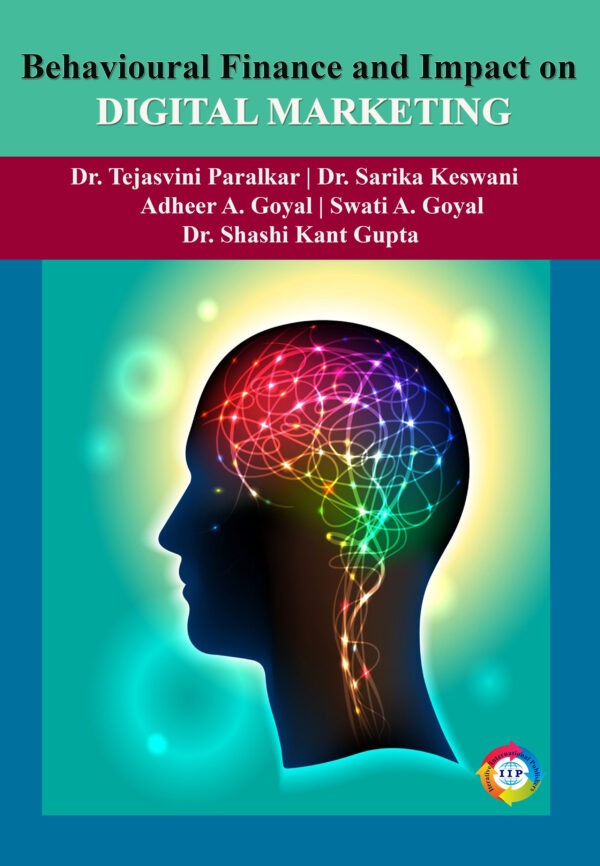No matter how cheap or expensive it is, all human-made goods and services offered to the public must provide some type of benefit to consumers. Several approaches may be used to communicate these advantages to the intended audience. The question, “What does anything do for me and my wallet?” may be partially answered by considering the utilitarian benefits of an activity. The ability for self-expression may provide insight into the question, “What does this say about me to other people and to myself?” If you think on the positive feelings that something brings you, you may be able to answer the question, “How does it make me feel?” As an example, let’s consider the purchase of lottery tickets. Most financial experts agree that buying lottery tickets is a bad idea owing to the low expected return and high risk involved. Because they are more likely to make cognitive mistakes that lead to an exaggerated perception of their odds of winning, irrational persons are more inclined to buy lottery tickets. This is the central concept in the field of behavioral finance today. People purchase lottery tickets for the expressive rewards of being “players” with a chance to win, the emotional advantages of the prospect of winning, and the utilitarian benefits of the low chances of winning, as suggested by the second generation of behavioral finance. Most lottery ticket buyers do so for all three of the aforementioned reasons. People who buy lottery tickets wrongly think they have a one in one hundred million chance of winning; even if they are informed that their actual chances of winning are one in two hundred million, they are unlikely to stop purchasing additional tickets. Instead, people will continue to purchase tickets despite having a very little chance of really winning. The evolution of finance from classical through the first and second generations of behavioral finance may be illuminated by studying the history of advertising, and more particularly, financial ads. According to the tenets of classical economics and finance, the primary motivation for consumers to read advertising is to get knowledge about the benefits and drawbacks of engaging in hedonistic activities. Advertising is “the conveying of information about the availability and quality of a product,” as defined by the Nobel Committee that awards the prize in economics
Sale
₹1,500.00 Original price was: ₹1,500.00.₹1,200.00Current price is: ₹1,200.00. ₹
₹350.00 Original price was: ₹350.00.₹280.00Current price is: ₹280.00. ₹
₹330.00 Original price was: ₹330.00.₹264.00Current price is: ₹264.00. ₹
₹330.00 Original price was: ₹330.00.₹264.00Current price is: ₹264.00. ₹
₹1,300.00 Original price was: ₹1,300.00.₹1,040.00Current price is: ₹1,040.00. ₹
₹320.00 Original price was: ₹320.00.₹256.00Current price is: ₹256.00. ₹
₹530.00 Original price was: ₹530.00.₹424.00Current price is: ₹424.00. ₹
BEHAVIOURAL FINANCE AND IMPACT ON DIGITAL MARKETING
Dr. Tejasvini Paralkar, Adheer A. Goyal, Dr. Sarika Keswani, Dr. Shashi Kant Gupta, Swati A. Goyal 978-93-5747-148-0
PAPERBACK
FIRST
ACADEMIC, Management, Text Book
Meet The Author
No products were found matching your selection.
No products were found matching your selection.
No products were found matching your selection.
No products were found matching your selection.
Be the first to review “BEHAVIOURAL FINANCE AND IMPACT ON DIGITAL MARKETING” Cancel reply










Reviews
There are no reviews yet.